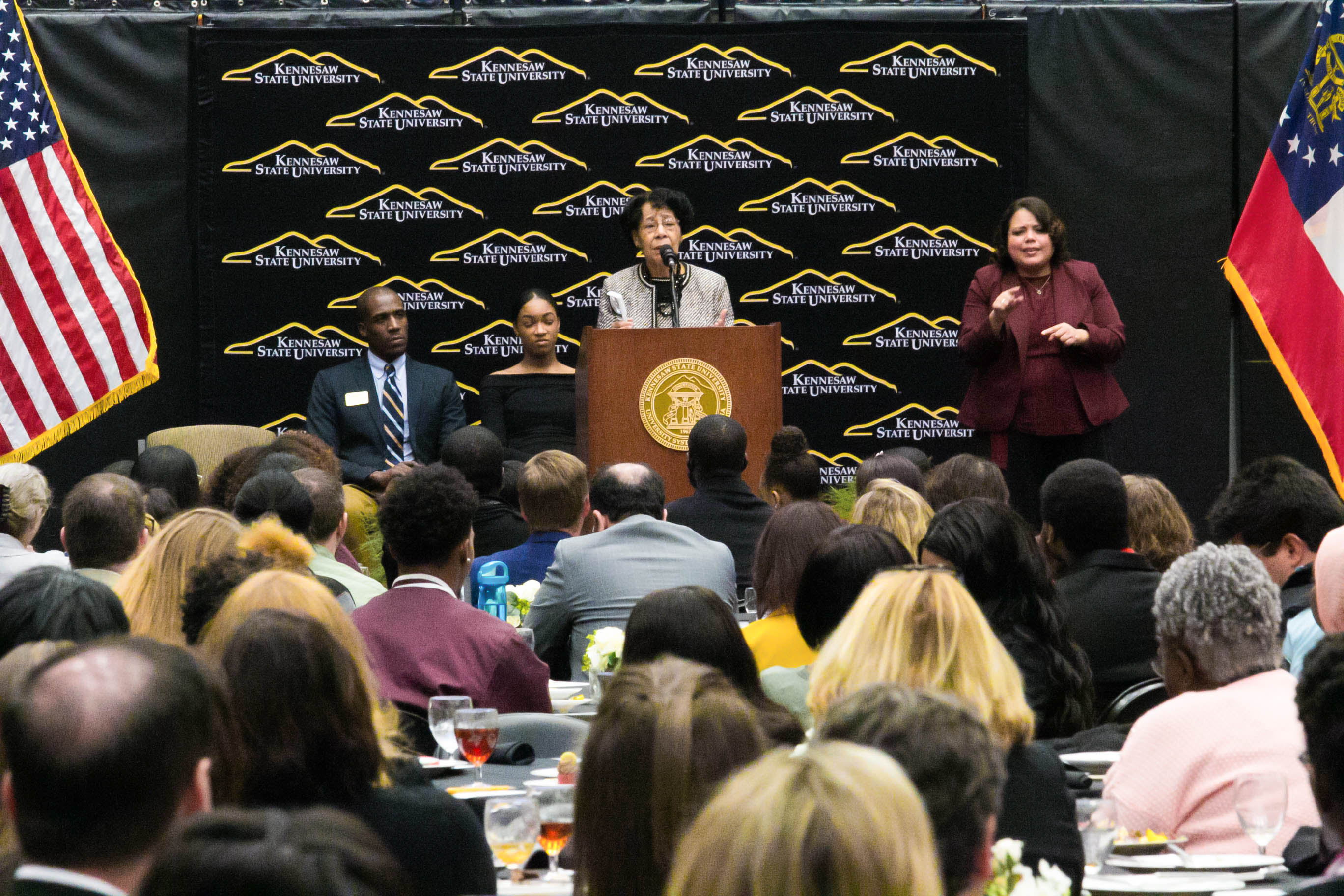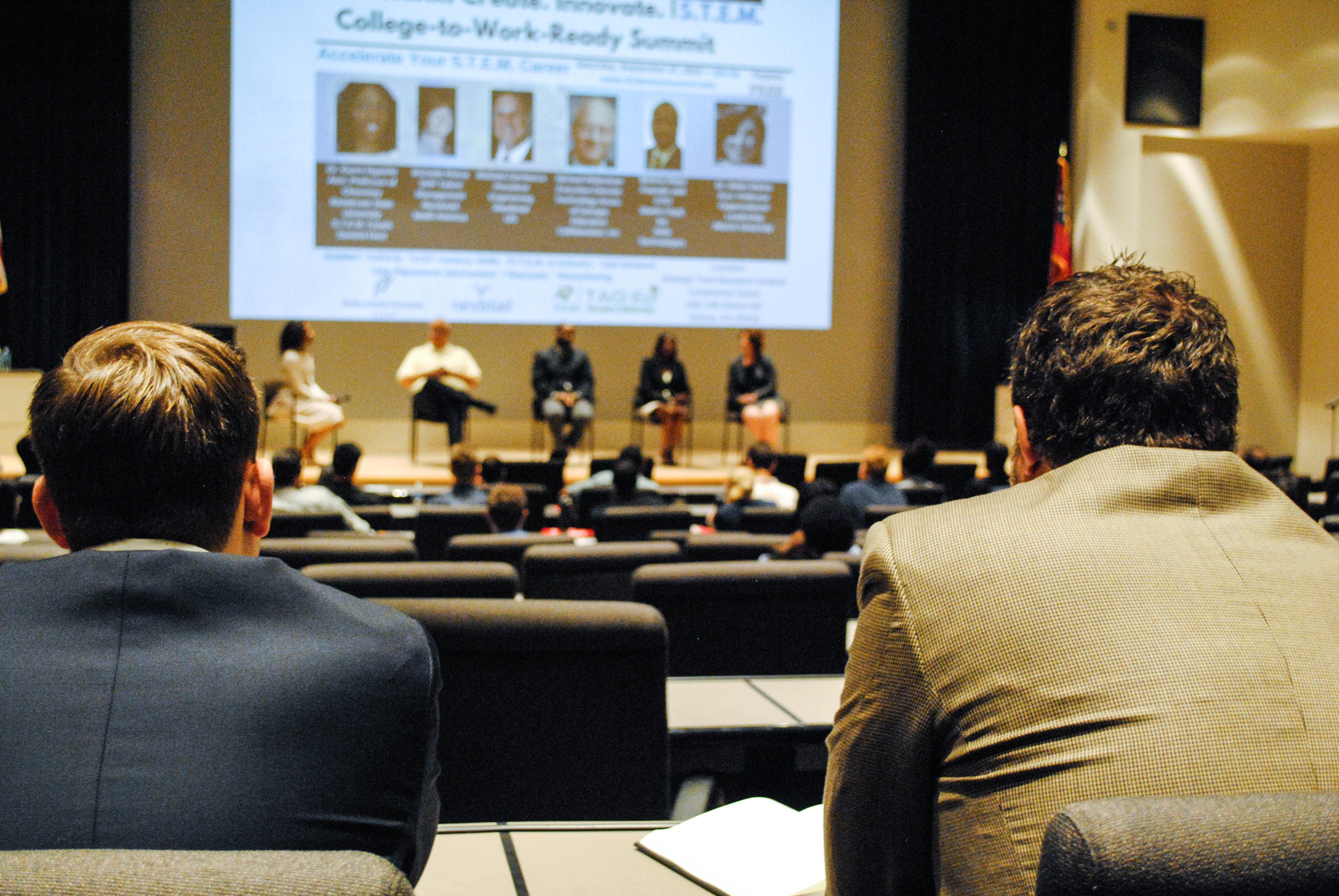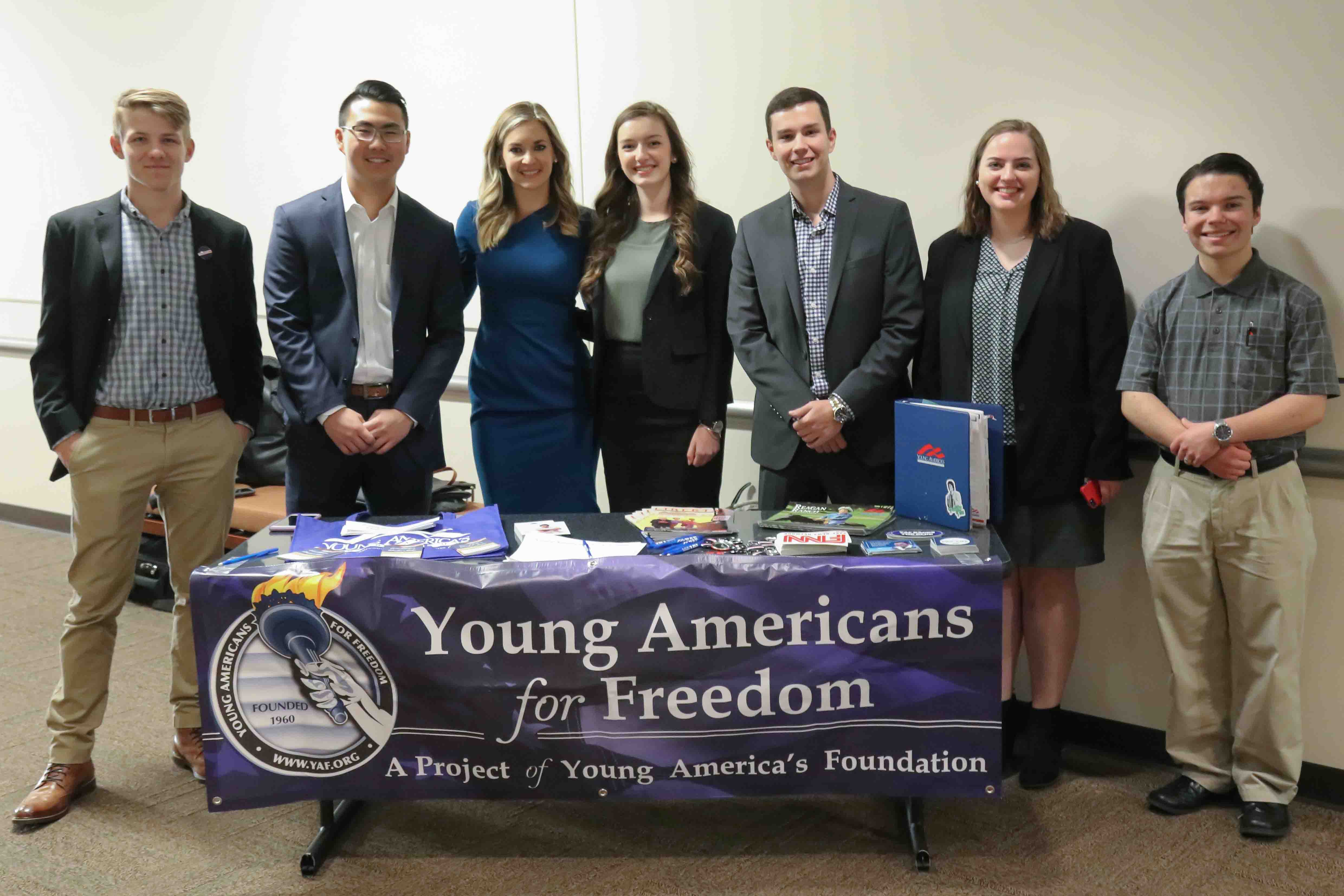Kennesaw State’s Office of Diversity and Inclusion hosted an opening luncheon and keynote address to honor the life and legacy of Dr. Martin Luther King Jr. on Jan. 17.
Two days after what would have been Dr. King’s 90th birthday, a buffet style luncheon was held at the Convocation Center in his honor. In attendance as the keynote speaker was the first African-American graduate from the University of Georgia, Mary Frances Early.
Early, 82, presented an account of her life story as an opponent to Jim Crow in the South amidst the Civil Rights Movement. Early cited Dr. King as one of her main sources of inspiration to, as she herself put it, “do something” to end the struggle of racial injustice in the United States during the early 1960s.
Born during a time when all people were not seen as equal, Dr. King believed a world that separated black from white should not exist beyond literature. He believed every boy and girl should be able to learn in a classroom of their peers despite their outward appearances.
Early heeded his message and carried it forward. As the daughter of a school teacher, Early emphasized the importance of education throughout her address, as her mother had emphasized to her many years before.
Early would be named valedictorian twice in her academic career. Admittedly shy and mild-mannered, Early confessed that she was never bold enough to march alongside protestors, but she could go to school.
For nearly two centuries in the small college town of Athens, UGA had been exclusive to white students. On Jan. 9, 1961, a federal court ruling ordered the immediate admission of Hamilton Holmes and Charlayne Hunter to UGA, ending 160 years of segregation at the school.
Following this shift in legislation, Early applied to the graduate program at UGA and was reluctantly accepted. Though she was not the catalyst for the institution undergoing change, she is recognized as the very first black graduate of UGA.
To her delight, this achievement had not gone unnoticed by civil rights leaders. In 1962, Early received a letter from Dr. King himself, congratulating her for persevering through hardship and serving as proof in the potential of a country free from oppression.
As part of its celebratory MLK Week, KSU offered students the opportunity to participate in a sip and paint, poetry slam, community service project and a viewing of the 2018 blockbuster film, Black Panther, with a post-discussion panel.




